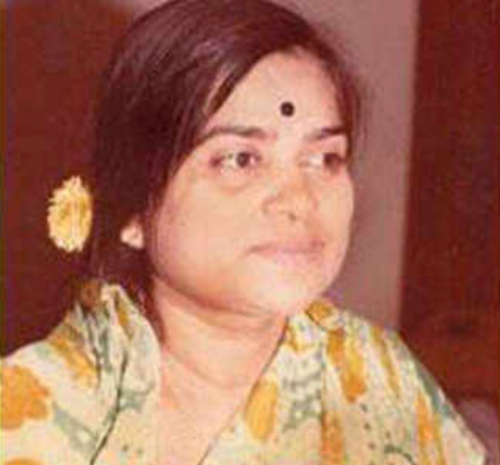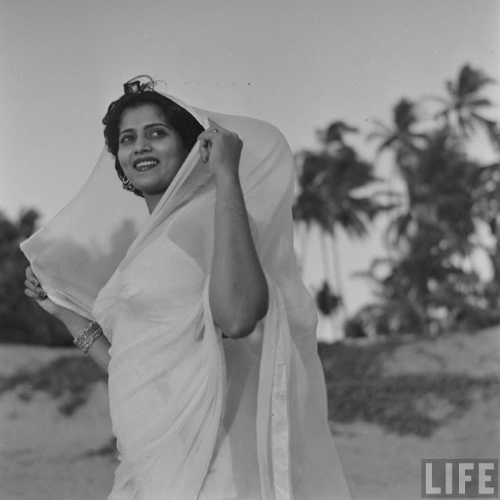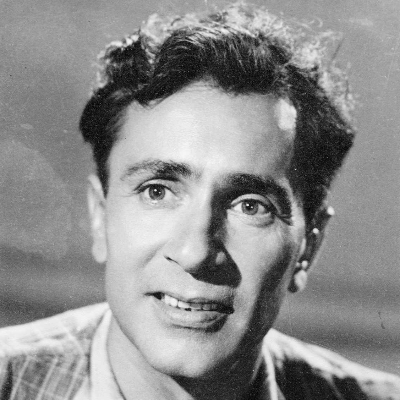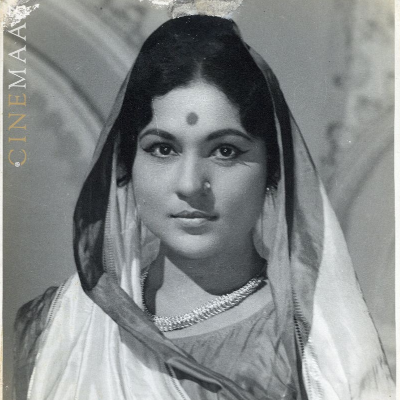This section is for paid subscribers only. Our subscription is only $3700/- for one full year.
You get unlimited access to all paid section and features on the website with this subscription.
Subscribe to read full article
This section is for paid subscribers only. Our subscription is only $37/- for one full year.
You get unlimited access to all paid section and features on the website with this subscription.
Not ready for a full subscription?
You can access this article for $2, and have it saved to your account for one year.
"Hum Ek Hain' was the watchword and greeting among Ma's four children. Ma was a Zamindaran or landed proprietress, but unlike the other Zamindar in the village, she was a benevolent and kindly lady. She treated her tenants as her family and her land as a sacred trust. Three of her children were foundling, orphaned in a famine; but in Ma's eyes they were all her own babies equally dear to her.
The other Zamindar Bare Babu, was an oppressor of his tenants and his son Chhote Babu too was brought up in the same tradition. The faction hated Ma and her family and tried to get them into trouble, but to little avail.
Years passed, Ma's children grew up, fell in love and married, but they continued to live in concord under their good mother's guidance. Chhote Babu grew up too, but he grew up into a spiteful, scheming and unscrupulous young man. His hatred for Ma's family also grew and their happiness only made him more malicious. Fuel was added to his hatred when a pretty girl rejected him and wed Ma's eldest son.
So Chhote Babu revised means to revenge himself on Ma's children. He plotted to sow discord among the family. Under the guise of friendly advice he poured poison into the ears of the brothers and set them against each other. He suggested partition of their family estate. Then he went and tried to instigate Ma's tenants against her, but the staunch peasants scornfully sent him about his business.
Yet the mischief in the family was beginning to work; the brothers had quarreled and sadly Ma had taken to her bed. A house divided against itself was on the point of collapse-when suddenly came a cry of alarm from the fields.
Chhote Babu in his mad rage against Ma's loyal tenants had set fire to the standing crops. The news spread like the fire itself, and in that crisis all rushed to meet the common danger.
But in the end the fire proved a blessing, for it exposed the wicked Chhote Babu, brought relief to the poor tenants from the chastened Zamindar, and re-united the estranged brothers around their Ma. So Ma' children could again proudly proclaim "HUM EK HAIN"!
Cast
Crew
-
BannerR B Films, Bombay
-
DirectorNA
-
Music Director
-
Director













.jpg)



